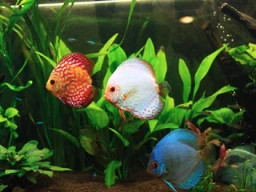
Why do you need an animal behaviourist and how do you go about finding the correct one.
Remember that animal behaviorists often work in collaboration with veterinarians to ensure a holistic approach to your pet's well-being.
Read more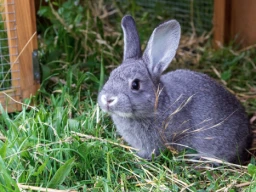
What is the Best Hutch for my Rabbit
An indoor rabbit still needs a hutch to feel safe and secure but, if this is not an option then make sure you create an area for beds & hideaways.
Read more
Where to train your Puppy Home or Away
One of the major benefits of home training is that it is private so you and your trainer can focus on the things you particularly want your puppy to focus on
Read more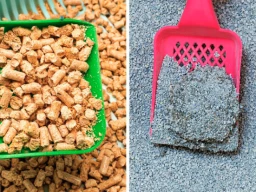
What Cat Litter is Best
When choosing a litter for your cat, it's important to consider your cat's preferences and any special needs they may have.
Read more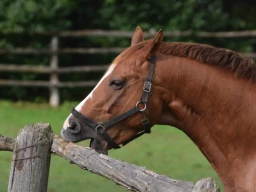
Horse Behaviourists
Overall, becoming a horse behaviourists requires a deep understanding of equine behaviour and welfare, as well as specialised training in behaviour modification techniques.
Read more
Do Rats make good pets?
Rats are crepuscular, meaning they are most active during the dawn and dusk hours.
Read more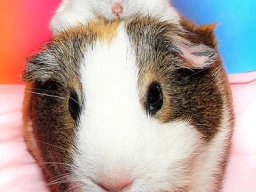
Guinea Pigs or Hamsters which would work best for me
The choice between a hamster and a guinea pig depends on your preferences, living situation, and the level of interaction you desire with your pet
Read more
Pet insurance
The coverage can include various medical treatments, surgeries, medications, and sometimes preventive care.
Read more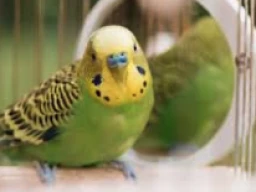
INDOOR BIRDS
Purchasing the correct indoor bird cages & aviaries along with the appropriate toys and food will help to ensure that your pet bird becomes a family member
Read more
Choosing the best type of bed for your cat depends on your cat's preferences
Choosing the best type of bed for your cat depends on your cat's preferences, age, health, and the overall environment.
Read more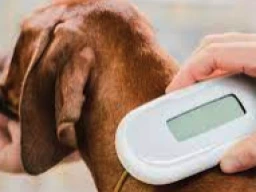
Microchipping your dog
Microchipping is a safe and effective way to ensure that your dog can be identified and returned to you if it ever becomes lost or separated from you
Read more
Weaning Cats off Milk, Substitutes, Timing, and Considerations
Successfully weaning kittens off milk involves gradual introduction of suitable substitutes such as kitten formula and wet kitten food, starting around 4-6 weeks of age.
Read more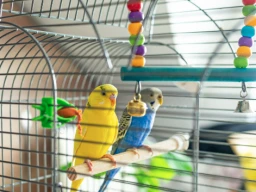
What I need to know when buying a bird cage
Selecting the right indoor bird cage and accessories depends on the species and size of the bird you have.
Read more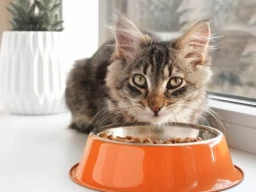
Veterinarian prescribed cat food, why?
Veterinarian-prescribed cat food, often referred to as prescription or therapeutic diets, serves specific nutritional purposes and is recommended for cats with various health conditions.
Read more
Dogs Bowls
Some dogs may prefer a certain type of material or design, while others may be perfectly content with a simple, no-frills bowl.
Read more
What to feed my Horse and Pony
It is important to consult with a veterinarian or equine nutritionist to determine the most appropriate feed and grain options for your individual horse or pony based on their age, breed, weight, and activity level.
Read more
Treating our pets for ticks, fleas and worms
The best medication for your pet will depend on their specific needs and health condition, so it's important to consult with your veterinarian to determine the best option for your pet.
Read more
